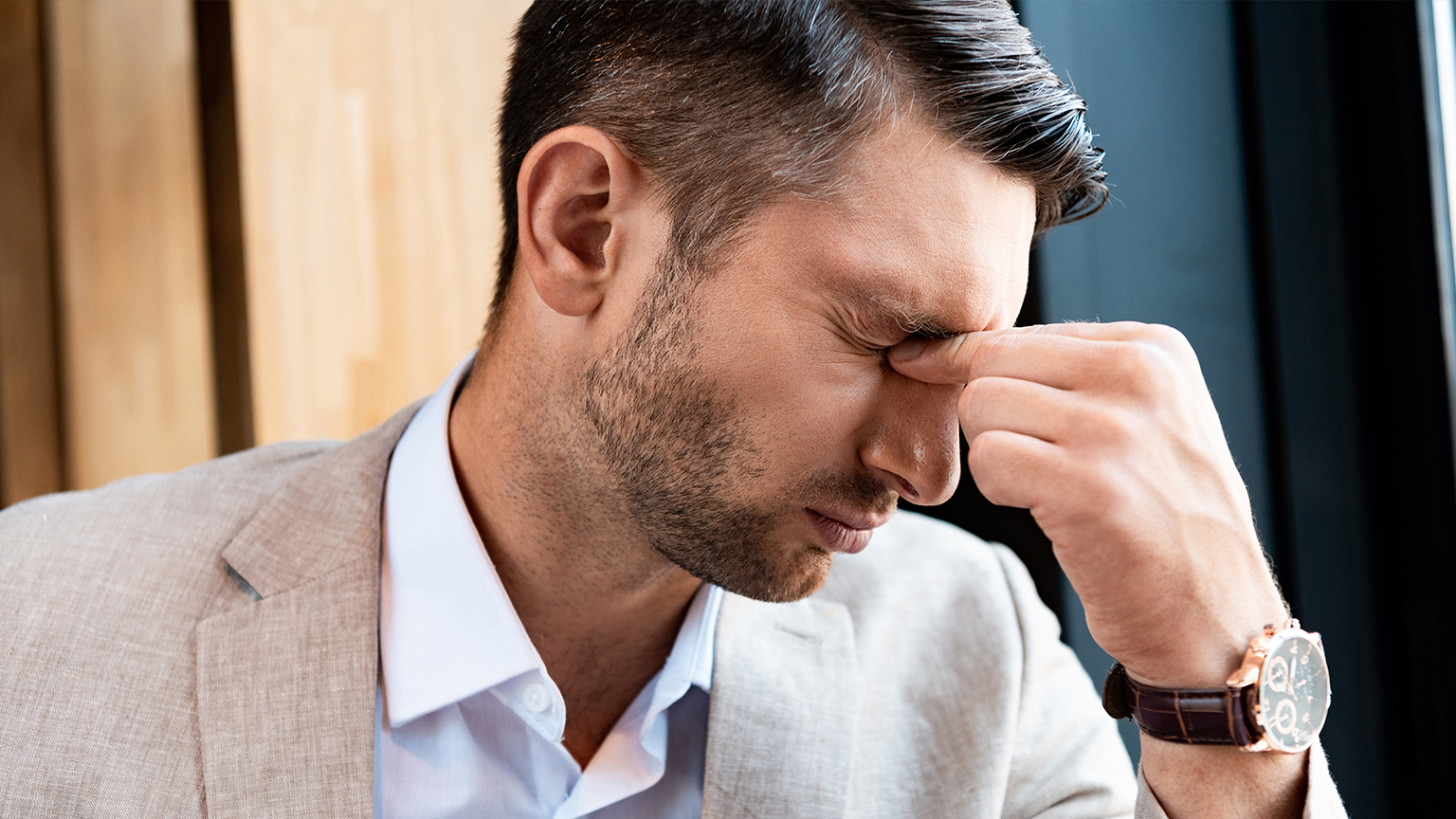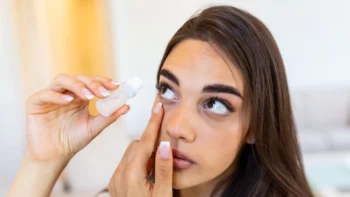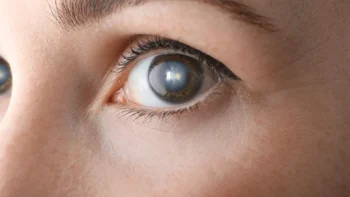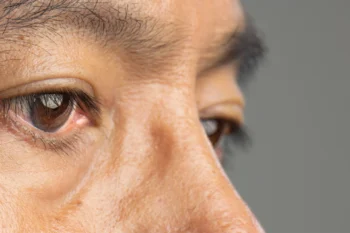So, you’ve just come from your LASIK eye surgery appointment and are ecstatic to be on the mend with brand-new vision. In being free of the hassle that comes with contact lenses and prescription eyeglasses, there are so many activities you’ll be able to participate in without stress like playing contact sports, swimming, or simply enjoying a clear view. As exciting as this is, it’s normal to worry about possible visual disturbances during your recovery, as LASIK halos, glowing lights, glare, and starbursts are all common after effects. As your eyes heal, these visual phenomena may pop up around bright lights or in low light conditions. While this can be alarming, these symptoms are temporary and will fade during the healing process. To help you through your recovery, let’s discuss why LASIK halos occur, what you can do about them, and on the rare occasion, when you should call a doctor.
What Are LASIK Halos, Glowing, and Starburst Visual Disturbances?
Is It Normal to Have Halos After LASIK Surgery?
Why Do LASIK Patients See Halos & When Do They Disappear?
During the LASIK procedure, an epithelium flap is created in the outermost layer of the cornea. This flap is lifted, giving us access to the cornea underneath, which is then adjusted to give you clearer vision without the need for glasses or contact lenses. Once the cornea has been reshaped using a laser, the flap is then replaced and allowed to heal naturally. As your eyes adjust to the new cornea shape and begins healing, “good” fluid accumulates in the cornea, leading to a bit of swelling. This swelling is what gives you the common side effect of LASIK halos. You can also experience halos if the cornea heals unevenly.
In some cases, halos and glow may occur due to the patient’s pupil size. If the pupil is larger than the area of correction, it can cause light to scatter, resulting in the appearance of halos, glare, glow, and starbursts. Additionally, if the patient experiences dry eyes, this increases the likeness of visual disturbances, which is why it’s recommended to follow the post-operative care as closely as possible. Finally, under or over-correction can cause halos, blurry vision, and glares when looking at bright lights.
How Long Will I See Halos For During the Healing Process?
3 Remedies To Lower LASIK Halo Frequency
In terms of remedies, the best possible measure you can take is to follow the after-care instructions of your surgeon, as this will allow for the quickest recovery and subsequent relief from halos and glare. These instructions may include:
1. Prescription Eye Drops. Your doctor will prescribe you to use eye drops regularly, as they are designed to reduce inflammation, swelling, and dryness in the eyes. Not only will this reduce LASIK halos and glare, but will also speed up the healing process.
2. Special Lenses & Contacts. By limiting the amount of light that enters the eye, halos, and glare can be reduced without compromising your vision. However, you may notice that the effectiveness of these lenses are reduced at night. This is largely due to lights at night being more directional and focused than their ambient, day-time counterparts.
3. Further Surgery. Under and overcorrection can cause halos and glare, so it’s not uncommon for a surgeon to recommend LASIK enhancement surgery in cases where vision is continuing to be negatively impacted. This basically involves repeating the LASIK treatment, touching up problem areas with an excimer laser, and repositioning the corneal flap.
When Should I Call a Doctor For LASIK Halos?
While LASIK halos and other visual disturbances are expected during your recovery process, there are rare cases where it may be necessary to seek medical attention. If you experience sudden or severe visual disturbances, such as flashing lights or loss of vision, you should contact our team immediately, as something more serious may be going on that needs to be looked at. We also recommend that if the halos, glow, and starbursts do not steadily improve, or worsen and begin interfering with your daily activities, then that warrants a revisit with your surgeon.
Navigating LASIK Recovery with Brimhall Eye in Las Vegas
At Brimhall Eye, we are committed to staying at the forefront of the latest technology and techniques in the industry, ensuring that every LASIK appointment we do is nothing short of exceptional in terms of quality care. If you still have concerns about your recovery, please don’t hesitate to get in touch with us, as our Las Vegas team of board-certified doctors are more than happy to answer your questions
